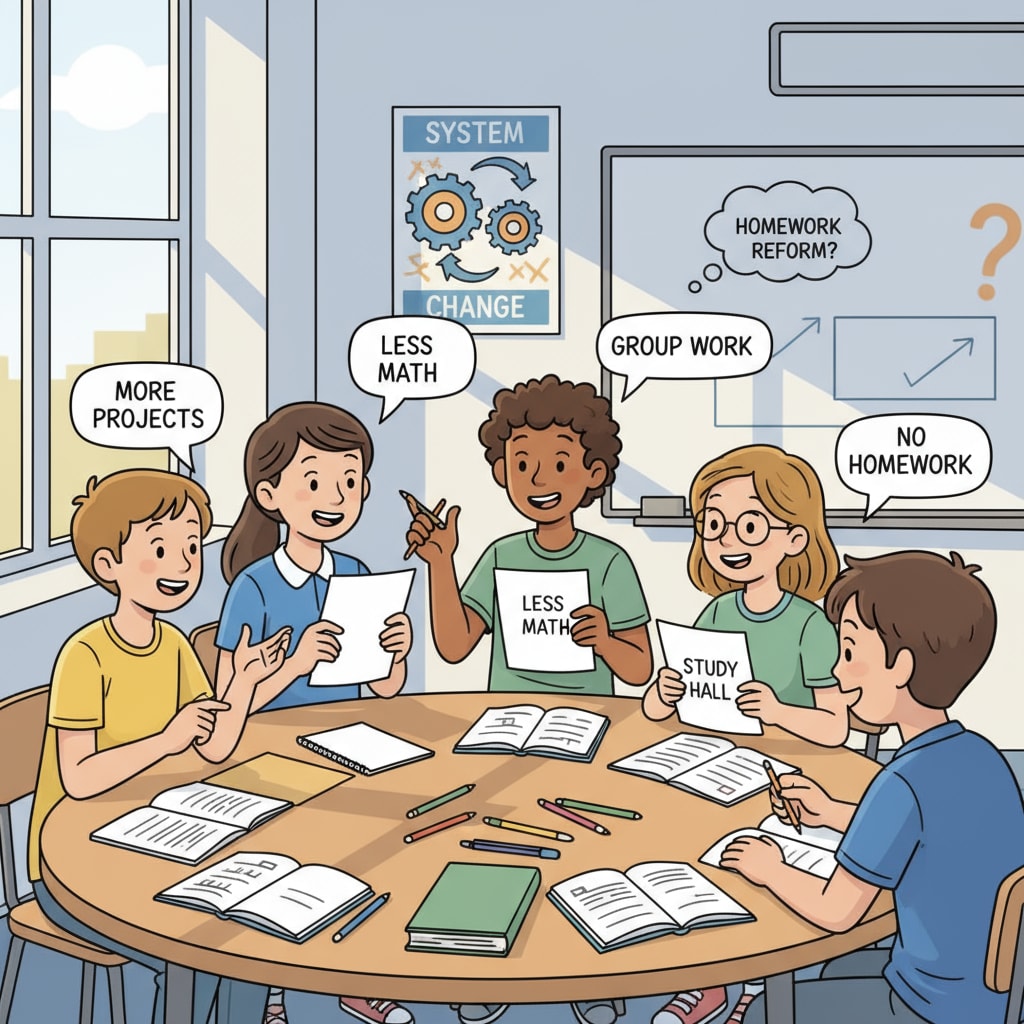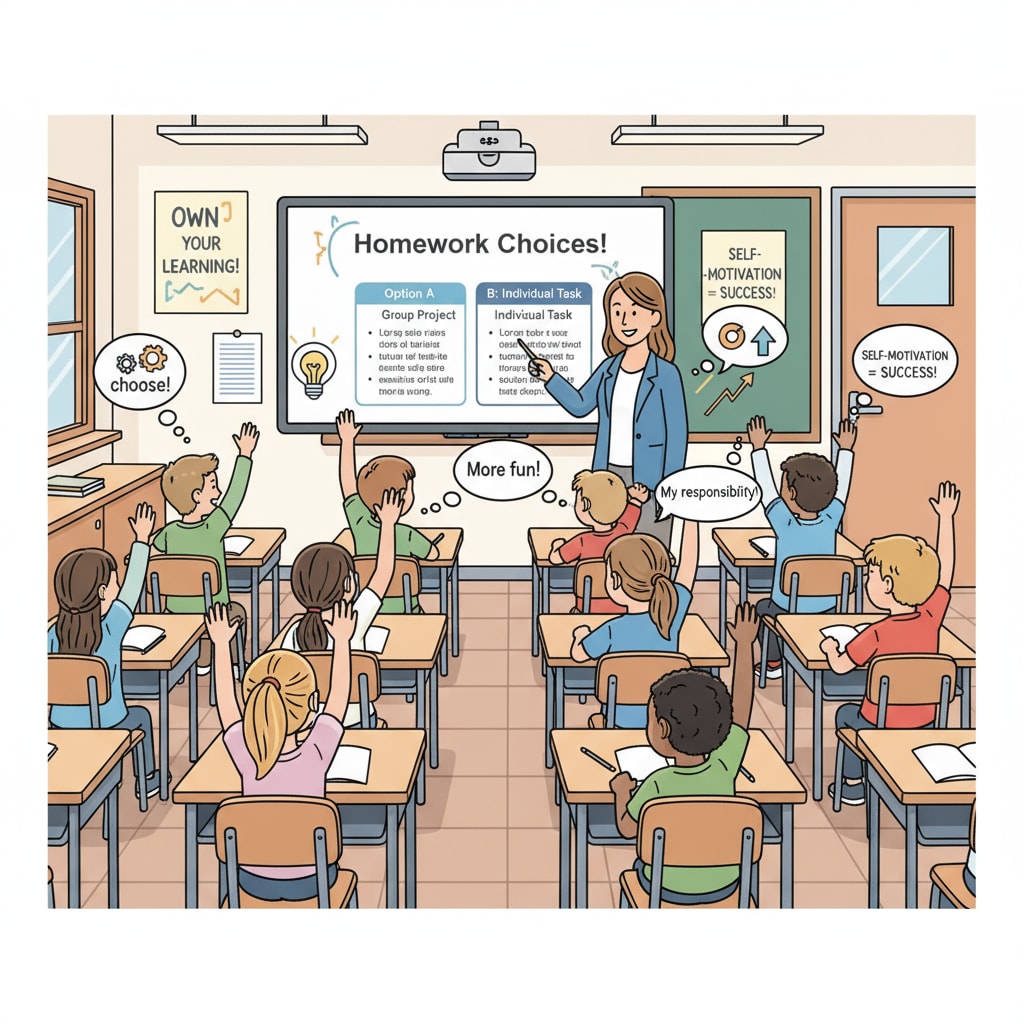In the realm of K12 education, the concepts of homework, self-motivation, and personal responsibility have become focal points of a significant discussion. Students are increasingly calling for reforms in the traditional homework system, sparking a debate about whether granting them more autonomy in choosing which assignments to complete will foster a sense of responsibility or lead to indulgence and laziness.

As we explore this topic, it’s essential to understand the potential implications and how to strike the right balance.
The Push for Homework System Reform
Today’s students are different from those of the past. They are more aware of their learning needs and preferences. Many feel that the one-size-fits-all approach to homework is stifling their creativity and individuality. According to Education Week, a growing number of students are advocating for a system where they have more say in the assignments they tackle. This call for reform is not without merit, as it aligns with the modern educational philosophy of student-centered learning.

The Pros of Autonomous Homework Selection
One of the significant advantages of allowing students to choose their homework is the potential for increased self-motivation. When students have a say in what they learn, they are more likely to be engaged. For example, if a student is passionate about science, they can select science-related projects or readings. This personalized approach can lead to a deeper understanding of the subject matter. Additionally, it helps in developing personal responsibility. As students are in control of their choices, they learn to manage their time and resources effectively. The National Education Association also emphasizes the importance of student choice in promoting active learning.
The Cons and Concerns
However, there are valid concerns. Some worry that giving students too much autonomy could lead to indulgence. Without proper guidance, students might avoid challenging assignments, choosing the path of least resistance. This could result in gaps in their knowledge and skills. Moreover, not all students have the same level of self-discipline. For those who lack motivation, the freedom to choose might lead to procrastination and a lack of completion of essential tasks.
To address these concerns, educators and parents need to play a crucial role. They should provide a framework that encourages responsible decision-making. For instance, teachers can offer a menu of assignments with different levels of difficulty and learning objectives. This way, students have choices, but within a structured environment.
Readability guidance: As we’ve seen, the issue of homework reform is complex. We’ve explored the push for change, the benefits and drawbacks of autonomous selection. By understanding these aspects, we can work towards a system that nurtures both self-motivation and personal responsibility in students.


